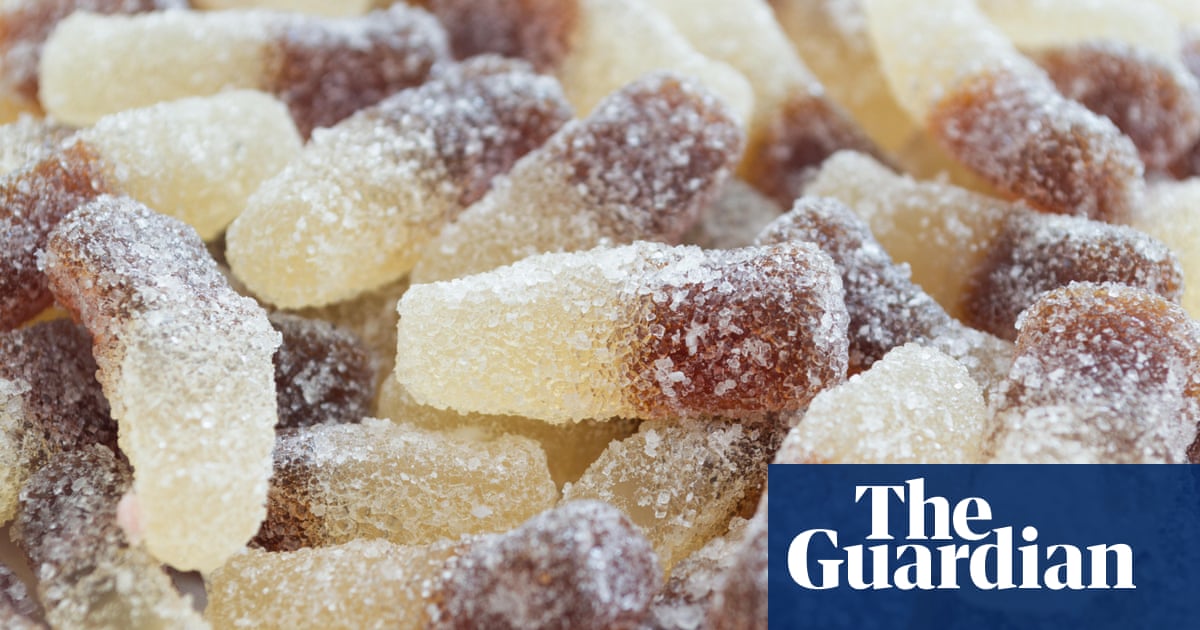Space cake, weed cookies and hash brownies may be familiar fare in theNetherlands, but cannabis in bags of children’s candy is not and Haribo has recalled its Happy Cola F!ZZ sweets after traces of the drug were found inside.
Several people, including children, suffered “health complaints, such as dizziness” after eating sweets from three 1kg packs, the Food and Consumer Product Safety Authority (NVWA) in the Netherlands said, adding that a full recall had been undertaken as a precaution.
“How the cannabis ended up in the sweets is still unknown,” a spokesperson for the authoritytold the Dutch news agency ANP. “The police are investigating the matter further.” The authority said the packs concerned were genuine Haribo products.
Dutch policesaid in a statementthat a couple from the Twente region in the east of the country had brought a pack of the cola-bottle-shaped sweets to their local police station after their young children had become “quite sick” after eating them. Forensic testing established the presence of cannabis.
“We want to know exactly how it got into the candy and, of course, how the bags ended up in the store,” a police spokesperson, Chantal Westerhoff, said.
The sweets are sold in several pack sizes and only those in 1kg bags with a use-by date of January 2026 and a specific product code are affected, Haribo said, adding that a full refund would be paid for all packs returned.
Patrick Tax, vice-president of marketing at Haribo, said the recall concerned “a limited number of cases” in the east of the country. “The safety of our consumers is our highest priority and Haribo takes this incident very seriously,” he said.
“This is a live issue and we are working closely with the Dutch authorities to support their investigation and establish the facts,” Tax told Agence France-Presse. The NVWA warned people bluntly: “Do not eat these sweets.”
In 2023, six children aged between four and 14were taken ill in The Hagueafter eating candy containing THC, one of the active ingredients in cannabis, but the sweets concerned were not regular commercial products.
Police said drug smugglers were increasingly using children’s sweets as cover and cited several examples of gangs injecting THC into candy. Copies of Haribo’s popular gummy bears containing THC can also be found online.
